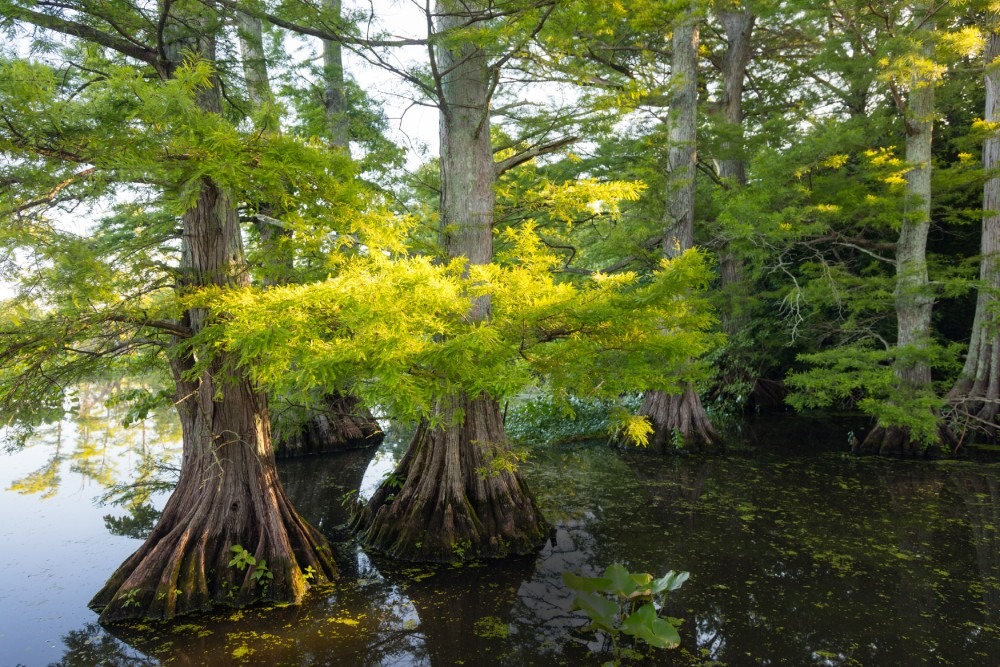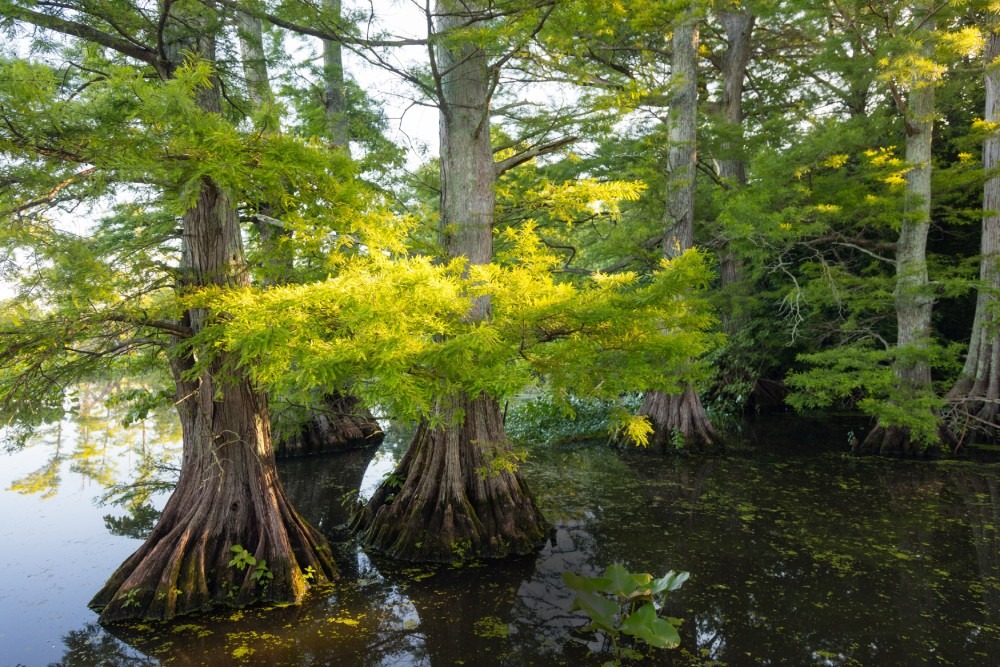
Tennessee lawmakers will again consider removing legal protections for wetlands across the state this year. If passed into law, the measure would benefit developers, making construction easier and cheaper while harming some of Tennessee’s most valuable natural real estate.
On Wednesday, Rep. Kevin Vaughan, R-Collierville, filed an identical bill to one he introduced last year targeting wetland protections. Vaughan and other sponsors of the original bill have direct connections to the construction industry. Vaughan was associated with a development project in 2019 that illegally drained and filled a wetland.
His proposed bill cuts state regulations for development related to “geographically isolated wetlands,” a misnomer for wetlands that are connected to bodies of water through groundwater or storm flows. These types of wetlands interact with the surrounding ecosystems in many ways: They hold flood waters, filter pollutants, provide habitat and recharge streams, rivers and aquifers.
More: Tennessee’s wetlands are at risk | WPLN News
Last year, Vaughan’s bill was deferred to summer study after ample dissent, including from the Tennessee Emergency Management Agency and the Tennessee Department of Environment and Conservation, or TDEC. Both agencies advised against a blanket removal of protections and cautioned about future flooding.
The state environmental agency held stakeholder meetings from May to August and released a nearly 200-page report with recommendations at the end of summer. Vaughan did not attend any of the stakeholder meetings. (He told WPLN News via email that his work schedule did not allow it and that the meetings were conducted by TDEC.)
Last August, state officials, conservation advocates and business leaders identified the protection of wetlands as one of the most important conservation needs in Tennessee — for some, this matter was seen as the single highest priority — during the annual Tennessee Conservation Summit.
Gov. Bill Lee weighed in on the matter.
“The Department of Environment and Conservation has an obligation and responsibility [to the] people of Tennessee to find out what is just the right balance between how we protect and preserve and how we create an environment that allows for growth and expansion in our state,” Lee said at the summit.
More: Tennessee officials are worried about wetlands. Here’s why. | WPLN News
In October, the issue was discussed during a state Senate hearing. David Salyers, the commissioner of TDEC, gave a short presentation to address the confusion surrounding the function and connectivity of “isolated wetlands.”
TDEC recommended a weaker version of last year’s bill, even though some stakeholders recommended maintaining current levels of protections. The bill Vaughan filed this year was ultimately the same as the one he proposed last year.
“As with any legislation, this process will be a deliberative one with plenty of opportunity to consider amendments to this original bill. While there was much discussion on last year’s bill, we never reached consensus,” Vaughan said about his decision to keep the same bill. “I decided that it would be best to start this year’s conversation back at the beginning point, once again looking for consensus among my colleagues.”
New research has emphasized the value of wetlands across the planet. A study published this month demonstrated how wetlands can remove forever chemicals called PFAS from water. A letter in the journal Science in November detailed the value of small wetlands in flood management — compared with non-wetland areas, small wetlands can reduce flood peak levels by 10 to 25%.




